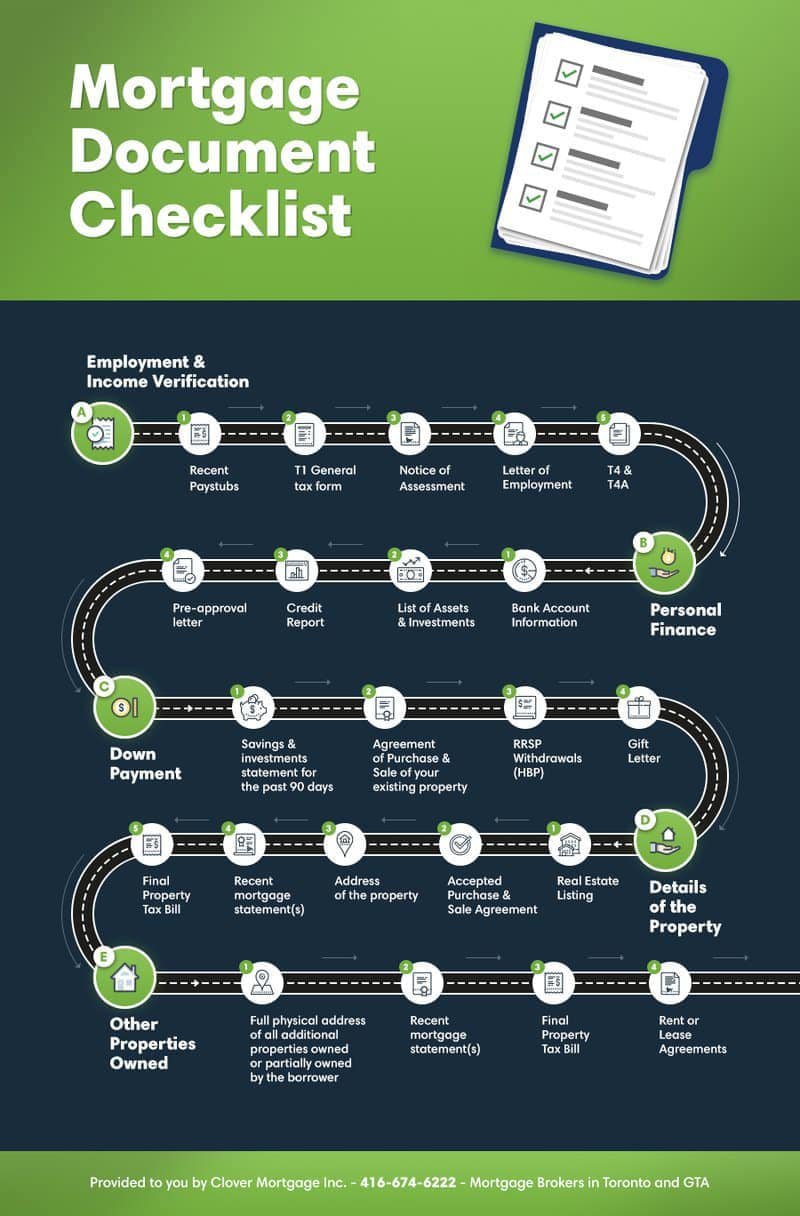Refinancing Checklist: 7 Documents You Need

Refinancing your mortgage can be a smart financial move, offering benefits like lower interest rates, reduced monthly payments, or an opportunity to cash out home equity for other investments. Whether you're looking to refinance your home loan to take advantage of current market conditions or consolidate debts, having all the necessary documents ready is crucial for a smooth process. Here’s a detailed checklist of the essential documents you need for a successful refinance application.
1. Proof of Income

One of the key aspects lenders look at when you apply for refinancing is your ability to repay the loan. Here are the documents you need:
- Recent pay stubs: At least the last two from each borrower.
- Tax Returns: The last two years’ federal tax returns including all schedules.
- W-2s: For the last two years to verify your employment and income.
- Employment Verification: Sometimes, a letter from your employer or an employment contract can suffice.
💼 Note: If you’re self-employed or have income from other sources, expect to provide more documentation like profit and loss statements or a business license.
2. Asset Information

Lenders need to assess your financial health beyond just your income. This includes:
- Bank Statements: Typically, the last two or three months’ statements for all your accounts.
- Retirement Accounts: Statements from 401(k), IRA, or other retirement funds to show additional financial security.
- Investment Accounts: Details of stocks, bonds, or other investments.
🏦 Note: Make sure there are no unexplained large deposits or withdrawals in your statements as they can trigger additional scrutiny.
3. Credit Information

Your credit score plays a pivotal role in the refinancing terms you’ll receive. You should provide:
- Credit Report: While lenders will pull this, having a recent one can speed up the process.
- Explanation of Derogatory Items: If your credit report shows any negative marks, you might need to explain these.
4. Debt-to-Income Ratio

Lenders use this ratio to determine your ability to handle new debt. You’ll need to provide:
- List of All Debts: Include car loans, student loans, credit cards, and personal loans with their monthly payments.
5. Home Equity Documentation

If you’re looking at a cash-out refinance, lenders will want to know:
- Current Mortgage Statement: To determine how much equity you have.
- Home Insurance Details: Including policy number and contact information of the insurer.
- Appraisal Report: Sometimes lenders will order a new appraisal, but having one recent can help.
6. Personal Identification

Basic identity verification includes:
- Driver’s License or Passport: Copies of these for each borrower.
7. Current Loan Information

This is crucial to understanding your existing loan terms:
- Mortgage Statement: Your latest mortgage statement showing your current balance and terms.
- Title Insurance Policy: If you have one, it can help validate the ownership of the property.
- Homeowner’s Association (HOA) Details: If applicable, provide the HOA dues and contact information.
In the refinancing journey, having all documents in order not only expedites the process but also demonstrates to lenders your readiness and seriousness about securing a new loan. Each step of the way, from documenting income to verifying identity, plays a crucial role in crafting a compelling refinancing application.
By ensuring all these documents are at hand before you start the application, you'll streamline the process, potentially securing better rates and terms. This preparation is key to navigating the refinancing landscape, ensuring you're well-positioned to leverage your home's equity or lower your interest rates effectively.
What if I don’t have all the required documents for refinancing?

+
Missing documents can delay or potentially prevent your refinancing. Contact your lender for alternatives or explanations for missing items. Sometimes, a letter explaining the absence can suffice if backed by other strong financial information.
How can I improve my chances of a successful refinance?

+
Improve your credit score, maintain a stable employment record, and lower your debt-to-income ratio. Also, ensure your home is in good condition, as this impacts the appraisal value which can affect your loan terms.
Can I refinance if I’ve recently changed jobs?

+
Yes, but it might complicate your application. Lenders look for job stability. If you’re still in the same field and your income is stable or has increased, you have a better chance. You might need to provide additional documents like employment offers or contracts.
Is there a timeframe in which I should gather all documents?

+
Yes, gather your documents within the last 2-3 months, as older documents might not be accepted. This timeframe can vary by lender, but most require recent financial information for accuracy and relevance.